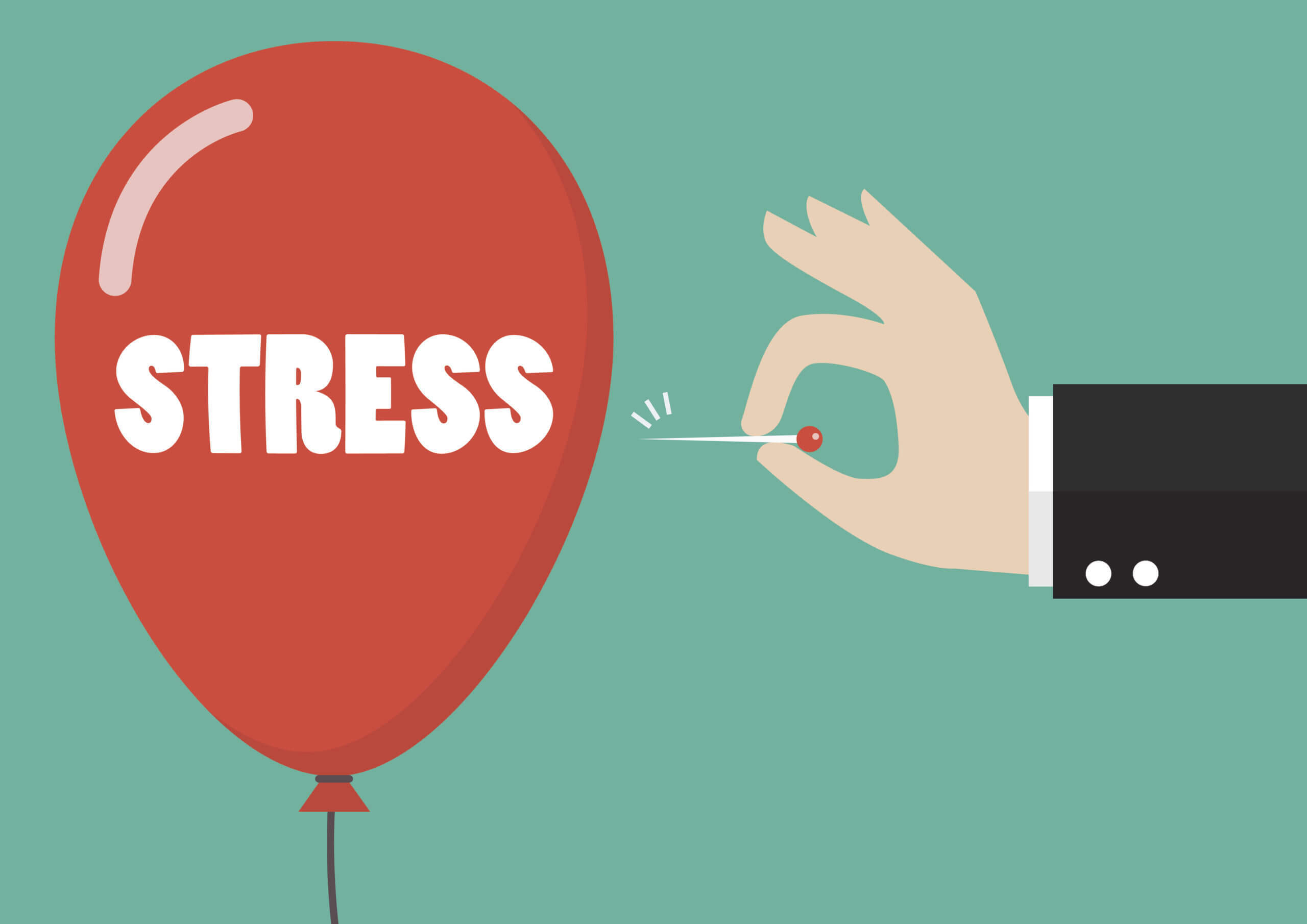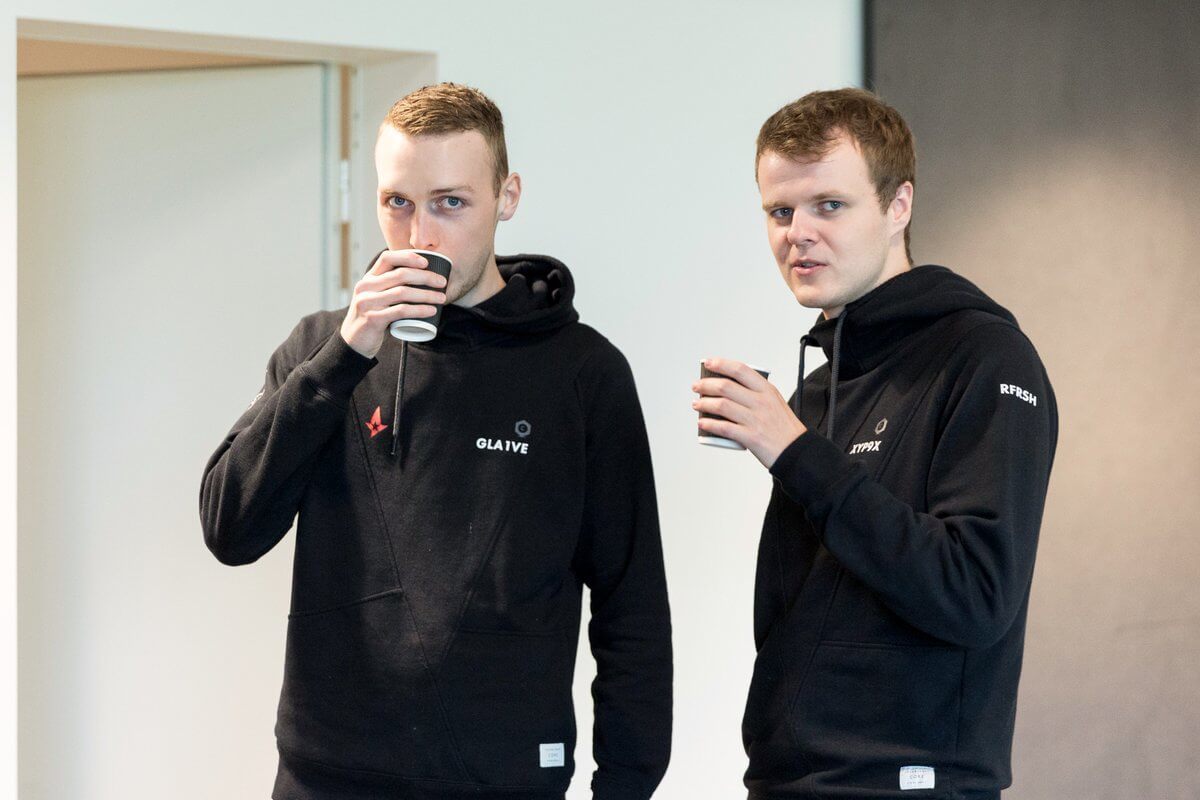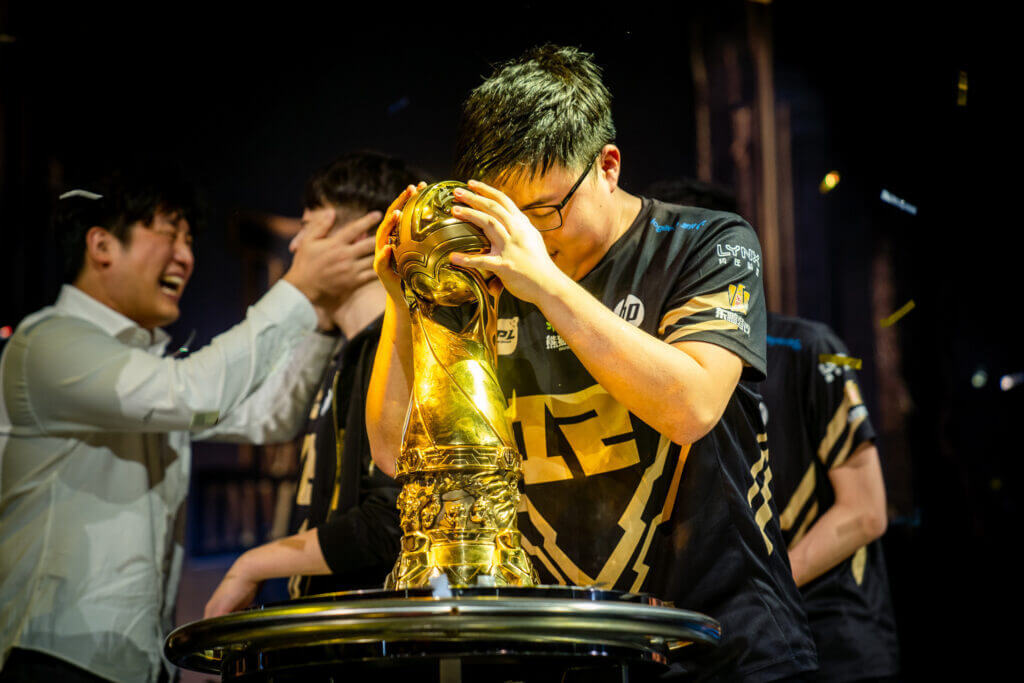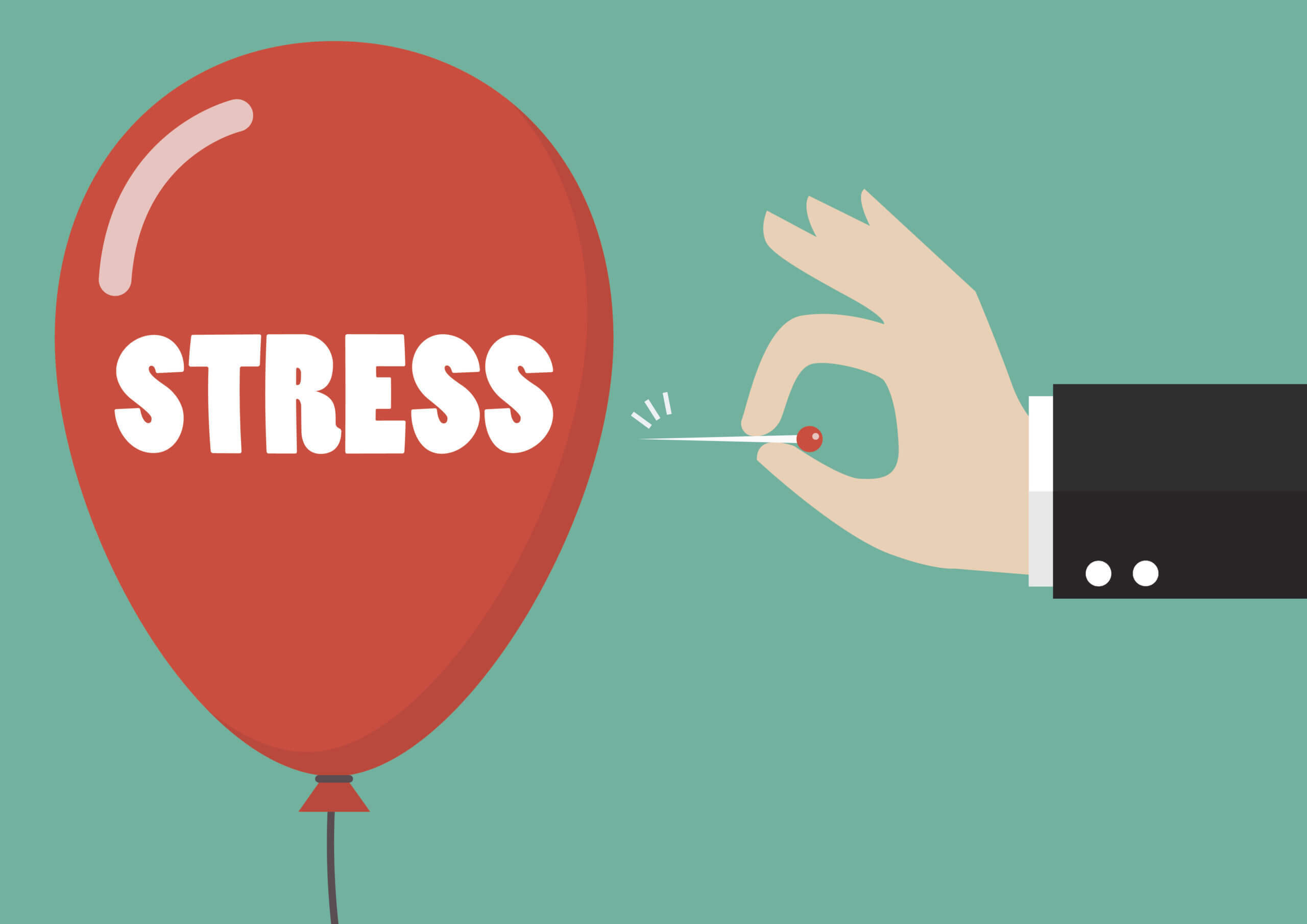
It’s hard to grasp this concept sometimes. The esports industry suffers greatly by the perception that everyone is on their dream job, so they should not complain, right? Wrong. These people playing games for money have the exact same problems we “mortals” have. Know why? Because they are human beings.
The “Playing a Game” Problem
So you’re a successful athlete, right, getting a lot of money, driving a nice car, having a pretty girlfriend. Everything is rosy in the eye of the beholder. The beholder can only behold what’s on the outside, though, and the inside is often not as glamorous as it seems. The effort the athlete must give to keep himself at the top, the rigors of traveling and a chaotic season/tournament schedule are things the regular Joe doesn’t take into consideration. That repeating cycle year after year can lead to a lot of negative effects. Most crucially – stress and burnout.
Now replace the word “athlete” in the paragraph above with the words “esports player”. What do you get? The exact same thing. Intense training, constant pressure to be on top of your game, event after event. The last common thing between the two – very few people consider stress a serious problem within those fields. Why? Because they’re playing a game, damn it, that’s why!
Stress Awareness and the Lack of It
Stress awareness in sports has been making its way to the surface for the past several years and the public is slowly finding out that no, playing a game of basketball in your back yard is not the same as earning your bread by playing basketball in front of millions of eyes. The stakes are different, you see. The level of stress is different. One is a hobby, the other – a job.
In esports, however, we’ve just begun to acknowledge the problem, let alone solve it. Just recently Astralis – the dominant force in Counter-Strike: Global Offensive, lost two of its seasoned veterans to burnout in the span of a couple of weeks. They needed a prolonged break from competitive play.
We’re talking a premier organization here: scheduled physical training, regular mental consultations, full-time psychologist and all. That shouldn’t happen! Imagine what other players may be experiencing if the model CS:GO organization is struggling with stress?!

Well, no one is imagining that because they are, you guessed it – just playing a game. But once again, there’s a difference in playing CS:GO Matchmaking for fun with your friends (although, let’s face it, it’s rarely fun) and playing for your salary each time you’re on the server.
Astralis’ legendary pairing of Lukas “gla1ve” Rossander and Andreas “Xyp9x” Højsleth is perfect proof that something in the esports world is wrong. Two of the calmest, clutchest players in the history of Counter-Strike, not just Global Offensive, go out in the middle of the competitive season because of burnout symptoms that they self-admittedly have had for a long time before actually doing something about it.
- READ MORE: Is the Astralis dynasty collapsing?
Even more shocking was what Jian “Uzi” Zihao did at about the same time. On June 3, League of Legends’ absolute Legend announced his abrupt retirement at just 23-years-old. His reasoning? Health concerns. Most notably “insurmountable stress” and a bad diet that led him to a Type 2 diabetes diagnosis last year.

The esports world was obviously shocked. So was I, can’t lie. But we shouldn’t be. This is how the life of an esports player is – constant stress and bad diet are just part of the course. Retiring at 23 in any field might seem ludicrous to most, but these players usually enter the scene at 16-17-years-old at the latest, so by the time they are 23-24 (which is also the case for gla1ve and Xyp9x by the way), they are experiencing the mental and physical burnout of a 50-year-old. This simply doesn’t feel right.
How to Eradicate the Stress Plague
The human psyche is way too complicated to be solved in a few sentences by an esports writer and I’m not nearly pompous enough to try. Yet, I do believe there are some obvious things the esports industry could do and needs to do in order to prevent people in their early 20s suffering from mental illnesses because of their job.
The first solution is not limited to the industry only. We need to recognize the very real nature of stress and its damaging effects on the human body. When we as a community stand behind player health, teams, tournament organizers, etc. will be forced to follow suit as community pressure has proven itself over time to be the most efficient weapon against industry neglect.
Second, these intense schedules need to be dealt with. We’re not talking just tournament schedules either. When they are not at an event, esports players are usually either bootcamping or playing at home. This is non-stop training essentially because playing that particular game is the player’s job. And unlike sports athletes, esports athletes don’t train 3-4 hours a day. It’s more like 8-12 hours depending on the player and his dedication.
Of course, players need to account for their own health to a certain amount, but it's not always that easy. The pressure to be the best version of yourself is often times too much. I can already hear the people in the back saying “well what’s the industry got to do with a dude playing 10 hours of LoL a day in his time off”. Thanks for asking. This leads me perfectly into the third necessity – professional consultation.
We already see in the Astralis example that it doesn’t necessarily solve the problem, but having a professional psychologist around young people that are under constant threat of burnout seems quite logical, at least to me. It’s not some bank-breaking expense either, so I don’t see a single good reason why every top-tier (even I must admit that regulating low-tier esports can be borderline impossible) organization should not be required to at the very least deliver proper psychological help to its players and staff in general on demand.
Hell, they shouldn’t even need to be ordered to do it. These players are your investment. Take care of your investment! It’s a basic rule in any business. Don’t let the apples rot!
These steps do seem small, but they would take us far along the road of finally acknowledging stress as the huge, life-altering factor that it is and beginning to actively combat against it. If nothing is done on the matter, we’ll just keep having more Uzis as we progress without making any progress.
Stay with EarlyGame for more news, videos and opinions on gaming an esports.






























